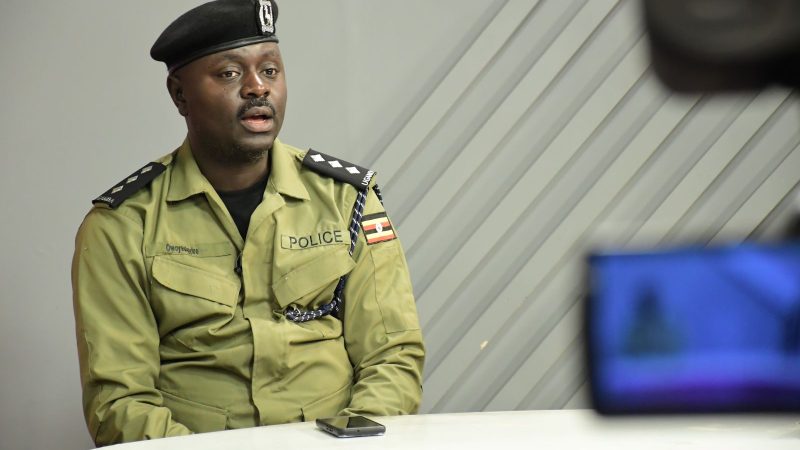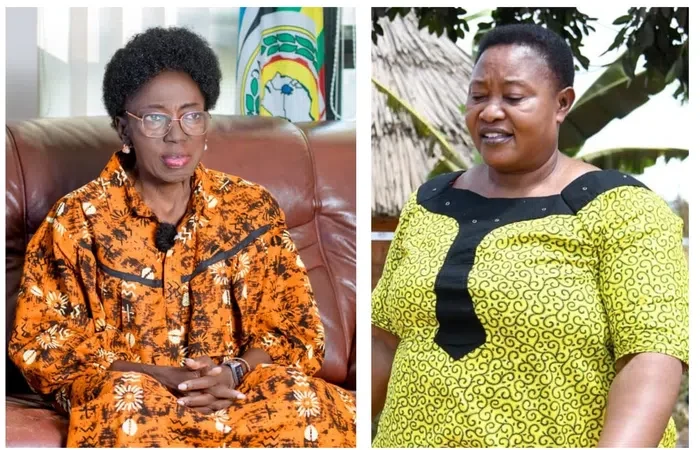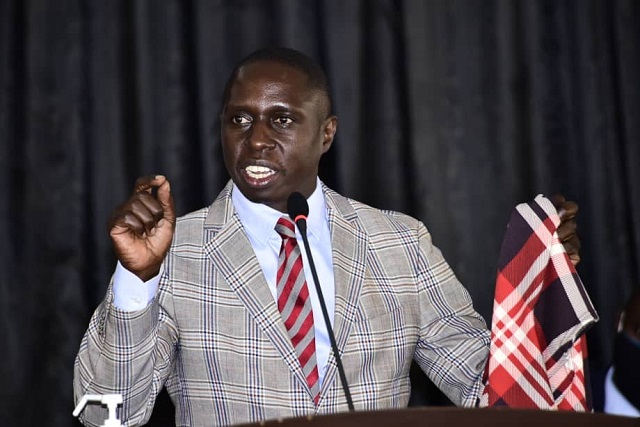The High Court in Kampala has confirmed Muhammad Nsereko as the duly elected Kampala Central Constituency Member of Parliament. Justice Jesse Byaruhanga Rugyema delivered the verdict on Monday in his ruling on an election petition filed by the National Unity Platform Candidate, Fred Nyanzi Ssentamu on the grounds of lack of evidence to sustain the alleged electoral offenses during the January 14th, 2021 elections.
In 2021, the Electoral Commission declared Nsereko as the winner of the Kampala Central MP seat with 16,998 votes against Nyanzi’s 15,975 votes. The Commission went ahead to gazette Nsereko on February 7th, 2021. However, Nyanzi was dissatisfied with the results and the general conduct of the elections. He petitioned the High Court to nullify the victory of Nsereko, citing instances of vote stuffing, bribery, and wrong invalidation of votes by the Electoral Commission, among other claims.
The Electoral Commission lawyers led by Hamidu Lugoloobi and Eric Sabiiti raised a preliminary point of law, stating that Nsereko was never served. Lady Justice Margaret Apiny agreed with them and dismissed the petition for non-service. However, Nyanzi petitioned the Court of Appeal, which found that Nsereko had indeed been served with the petition. The file was sent back to the High Court for a fresh hearing. During the fresh hearing before Justice Byaruhanga, the Electoral Commission’s lawyers and those of Nsereko denied all allegations brought against them, stating that the election process was transparent.
They asked Justice Byaruhanga to dismiss the petition with costs. In his ruling, Justice Byaruhanga Rugyema dismissed the petition, stating that Nyanzi had no sufficient evidence to overturn the victory of Nsereko. He noted that Nyanzi had presented a flash disk with contents he called his evidence, but the contents were in a vernacular not known in court. He also said that Nyanzi should have accompanied the flash disk with an English script or English transcribed recording, which he did not.
“In the premises, I find that the commission to accompany the flash disk with a transcription of the recording and translation into English definitely affected its admissibility and its relevancy /evidential value since its contents cannot be comprehended and be used by Court,” he said.
The Court also found that the person who brought the flash disk, Habert Nuwamanya, did not appear in court to offer evidence and substantiate the contents. This created doubt as to whether he was the one who actually recorded the contents on the flash, in what location, function, and on what particular date.
The Court also found that the evidence of some of the witnesses Nyanzi assembled, such as Hamza Lubega, were self-confessed criminals who admitted to committing many crimes, including murder, as long as they could be paid. Lubega had admitted to forging documents from Nasser Road, his own national identity cards, among others. Therefore, the Judge rejected his evidence.
“…. during cross-examination, PW2(Lubega) came out as both a joker and a self-confessed criminal who has enjoyed immunity from arrest and possible prosecution. He referred to himself as a ‘problem creator’, in the city who does not have a National Identity card but that he possessed a forged Refugee identity card printed from Nasser wherein he is described as a student,” said Justice Byaruhanga.
Justice Byaruhanga added that he took judicial notice of the notoriety of the statement, arguing that in Uganda, Nasser Road in Kampala is famous and known for the forgery of documents using the available printing technology. Coupled with Lubega’s statements on how he had carried out ballot stuffing on behalf of Nsereko, his evidence could not be relied upon.
To support his decision, Justice Byaruhanga noted that even if the votes Nyanzi had complained of in two polling stations, Nakasero and Kagugube, were added to the votes he obtained, Nsereko would still emerge as the winner of the election given the margin of 1,023 votes.
“As a result of the foregoing, I find that the Petitioner has not adduced evidence to the satisfaction of the court that there has been a failure to conduct the election in accordance with the principles as laid down in the provisions of the electoral laws,” said Byaruhanga.








